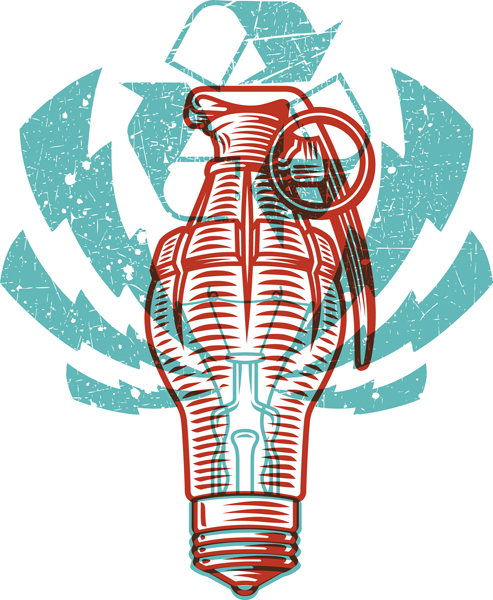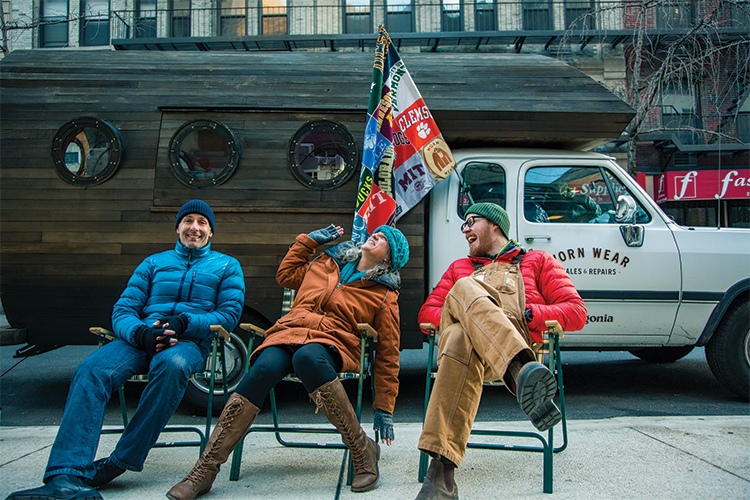 How to recycle light bulbs
How to recycle light bulbs
by Samantha Wittchen
With energy costs rising, switching to compact fluorescent light bulbs (CFLs) can save us money. It’ll soon be the law, too; beginning in 2012, incandescent bulbs will be banned by Congress. Whether you’re replacing your incandescent light bulbs with CFLs individually as they burn out or in one fell swoop, you’re still faced with the same problem: What do you do with your old light bulbs?
And even though CFLs can last 10 times longer than their incandescent counterparts, they’re not going to last forever. Here’s what to do with that stash of used light bulbs.
If you decided to replace all of your incandescents with CFLs at the same time, there’s a good chance that you now have a bunch of unwanted light bulbs that still work. Instead of sending them off to be recycled, consider donating them to a shelter or other local organization that needs to keep the lights on, but doesn’t have a lot of resources to do it. This is a socially responsible way to extend the life of the light bulb before it needs to be recycled.
If your light bulbs have burned out, they should be recycled, regardless of whether they are incandescent or fluorescent. (There are other kinds of light bulbs, or “lamps” as the industry calls them, but incandescents and fluorescents are most prevalent in the home.) According to Earth911.com, 600 million fluorescent light bulbs are disposed of in U.S. landfills every year. This amounts to 30,000 pounds of mercury waste, which can leach into the groundwater and cause major health issues in animals and humans.
Because mercury is a highly toxic substance, light bulbs should be packaged properly to ensure that they do not break in transit to a recycling center. An easy way to prepare them for transport is to place them in packaging from your new replacement bulbs. Some manufacturers even provide pre-paid return lamp recycling boxes.
In Philadelphia, incandescent light bulbs and CFLs are accepted for recycling by Whole Foods, IKEA, Home Depot and Best Buy. Additionally, the city accepts all types of fluorescent light bulbs at their Household Hazardous Waste events.
Hazardous Waste Drop-Off Event, Sat., May 23, Streets Department’s 1st District Highway Yard, 4800 Parkside Ave., phila.gov/streets/hazardous_waste.html




